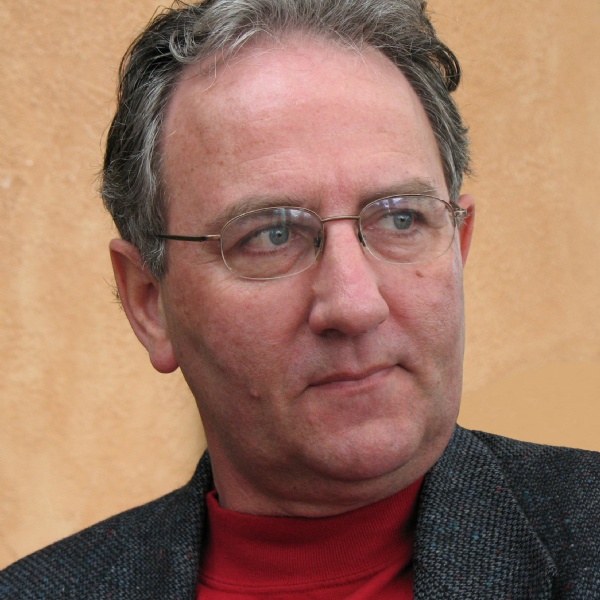The immune system can both enable and disable cancer cells. The immune system can eliminate cancer cells, but often gets recruited to enter repair (inflammation) or nurse (support) mode, which promotes tumour growth and spread. Inflammatory cells are abundant in many tumours, as one might expect in “the wound that will not heal”– macrophages, neutrophils, lymphocytes, mast cells, natural killer and dendritic cells.
These are capable of detecting abnormal fats, carbohydrates, proteins and cells. The immune system seems to initially respond to cancer cells as injured cells, needing support and nurturing. However, the immune system cannot fix the energetic, metabolic and genetic problems of the cancer cell. Cancer-associated inflammatory response contributes to genomic instability, epigenetic modification, induction of cancer cell proliferation, enhancement of cancer anti-apoptotic pathways, stimulation of angiogenesis, and, eventually, cancer dissemination.
Immune cells, stem cells and specialized mesenchymal cells build a zone – pericellular matrix, the “terrain” or “milieu”- in which cancers can hijack normal homeostatic growth restraints. The immune system is often fully primed and ready to destroy a malignancy, but is suppressed from doing so by robust immunosuppression. Advanced cancers run rampant with the support of corrupted immune cells. Rather than simply “boosting the immune system”, regulating the immune system to attack the tumour is a complex scenario. Immune checkpoints that arrest immune attack are PD-1, PDL-1 and CTLA4.
Major modulators of immune tolerance of cancers are regulatory T-cells, transforming growth factor TGFβ, prostaglandins, cytotoxic T-lymphocyte-associated antigen CTLA-4, protein death ligand PD-1, CD47 protein, toll-like receptor 4, prostaglandin PGE2, interleukins IL-6, IL-10, IL-13 and IL-16, viruses, and COX-2. Numerous flavonoids, lectins, saponins and polysaccharides are emerging as viable candidates for these targets of integrative cancer immunotherapy.
Candidates for cancer immune control include low dose Naltrexone, mistletoe lectins, quercetin, curcumin, luteolin,berberine, Ganoderma or Coriolus mushroom extracts, beta-glucans, blackseed Nigella sativa thymoquinone, Anoectochilus formosanus or Goodyera pubescens extracts, hyperthermia, vaccines, ginseng and astragalus saponins, dietary selenium, zinc, vitamin A and its precursors. Here we offer a thorough review of the targets and interventions that support or even provide alternative to drug immunotherapy for cancer.
Learning Objectives:
By the end of this lecture, the clinician will be able to:
- The primary classes of immune cells active in regulating malignancy. – natural killers, dendritic, macrophage, neutrophils, T-suppressors, T-effectors, T-regulators and plasma cells
- The cytokines and signaling pathways active in promotion or suppression of malignancy -such as CD47 protein signal to macrophages “do not eat me”, and WNT pathway
- The agents of immunosuppression, including the immune checkpoints PD-1, PDL-1 and CTLA4, and the immunomodulators TLR4, COX2, LOX, PGE2, TNFα and NFκB
- Candidate naturopathic therapeutic interventions for each of these elements of the immune response to cancer, and rank them by their anticipated clinical utility, based on the strength of the research evidence and the clinical responses published and observed
- Which natural agents are synergistic with, or supportive of standard of care conventional oncology immunotherapies, as candidates for integrative management of cancer
CE Credits
CONO: Category A General – 1.5 credit
British Columbia: Category C General – 1.5 credit
AANP: General – 1.5 credit
OANP/OBNM: General – 1.5 credit

Dr Neil McKinney, BSC, ND, NATUROPATHIC PHYSICIAN (NON-PRACTICING)
Dr McKinney graduated from Simon Fraser University with a degree in Biosciences and had a career in biophysical (radiation) cancer research. Studied kinesiology at the University of Waterloo. Graduated as a Doctor of Naturopathic Medicine from National College of Naturopathic Medicine in 1985. Concurrently trained 3 years in TCM at the Oregon College of Oriental Medicine.
Dr McKinney has had many teaching roles, from lab instructor in microbiology at University of Victoria, and National College of Naturopathic Medicine (now NUNM), at schools of traditional Chinese medicine, massage therapy, and finally as a professor at Boucher Institute of Naturopathic Medicine (BINM). Served many roles in the regulation and advancement of the profession, including Registrar of the BC College of Naturopathic Physicians www.cnpbc.bc.ca and accreditation evaluator for the Council on Naturopathic Medical Education www.cnme.org Founded the BC Naturopathic Association www.bcna.ca and the Boucher Institute of Naturopathic Medicine www.binm.org Founding professor of Naturopathic Oncology, now retired. Author of several editions of textbooks of naturopathic oncology, clinical handbooks, and research review articles. Mentors and lectures to doctors internationally; contributes to publication for professionals and the public. He has received a number of awards for contributions to advancing the scope and standards of the naturopathic profession.
Dr McKinney’s skills include nutrition as medicine, traditional Chinese medicine, botanical medicine, homeopathy, and therapeutic injections, but has now moved to non-practicing status. Dr McKinney had prescribing authority for common pharmaceutical medicines used in general practice and cancer care. Now retired from decades of practice with a focus on integrative oncology, he is actively engaged in cancer research, professional education, and publishing.

